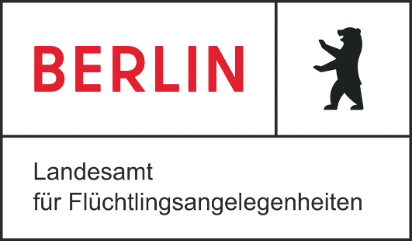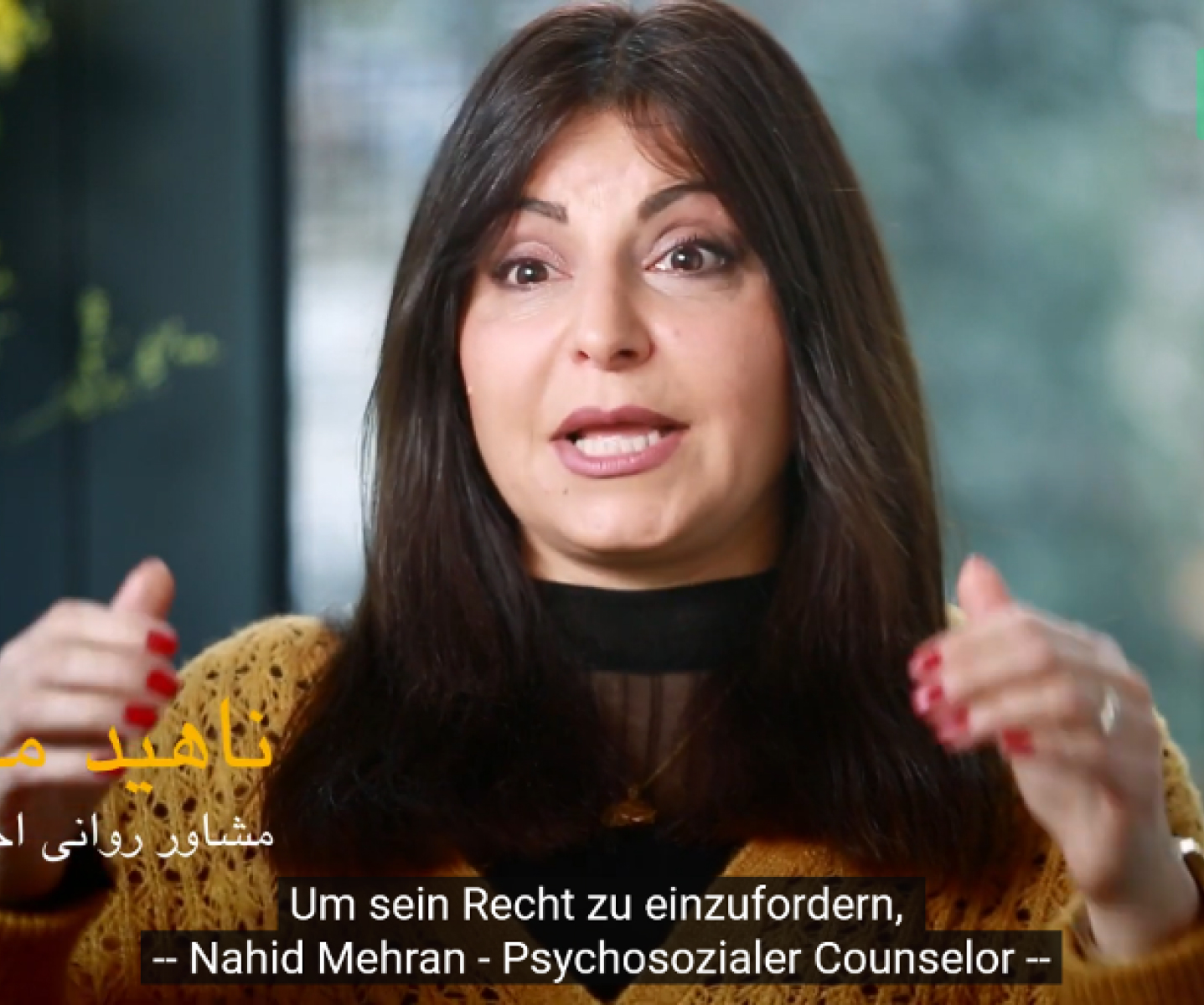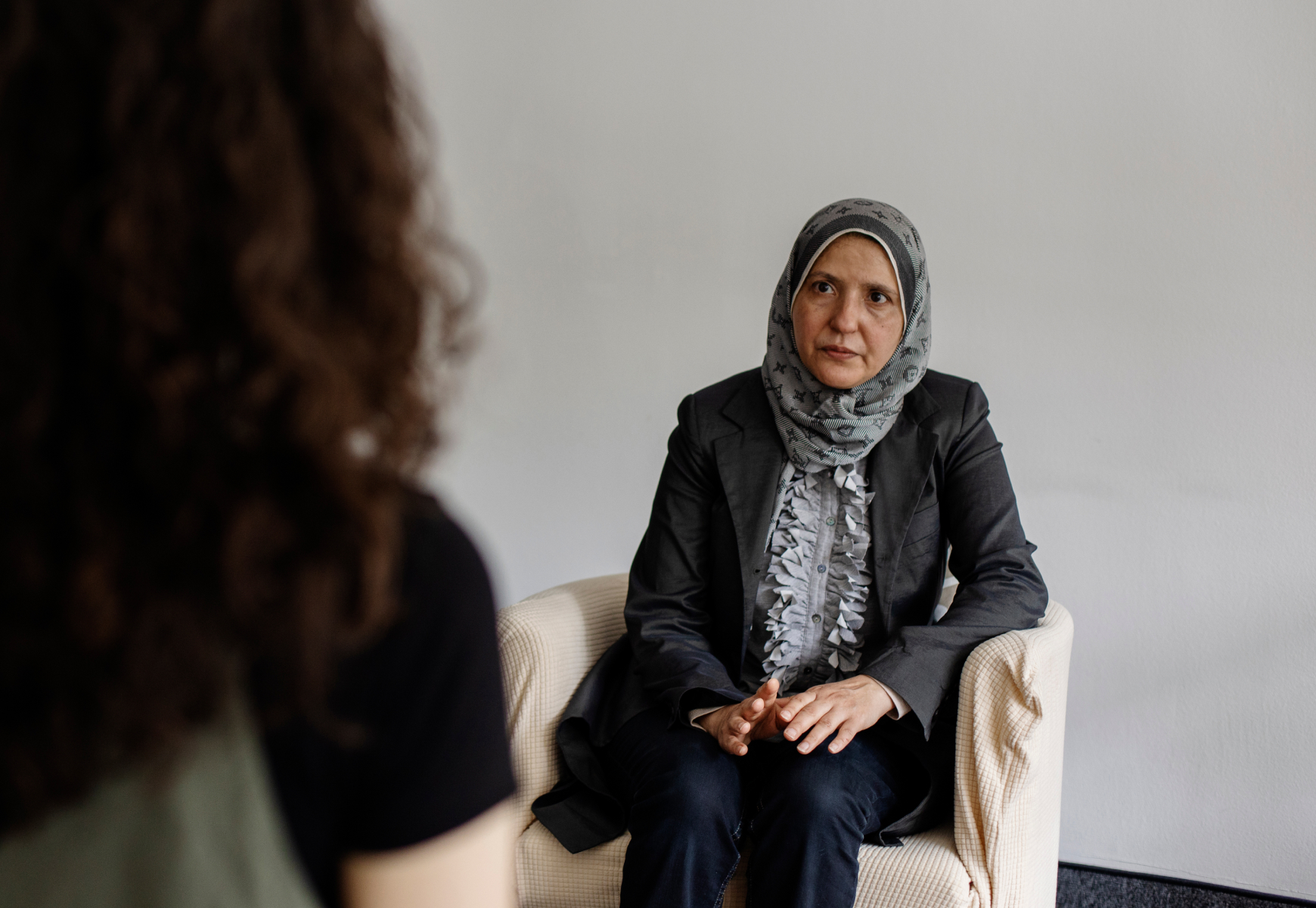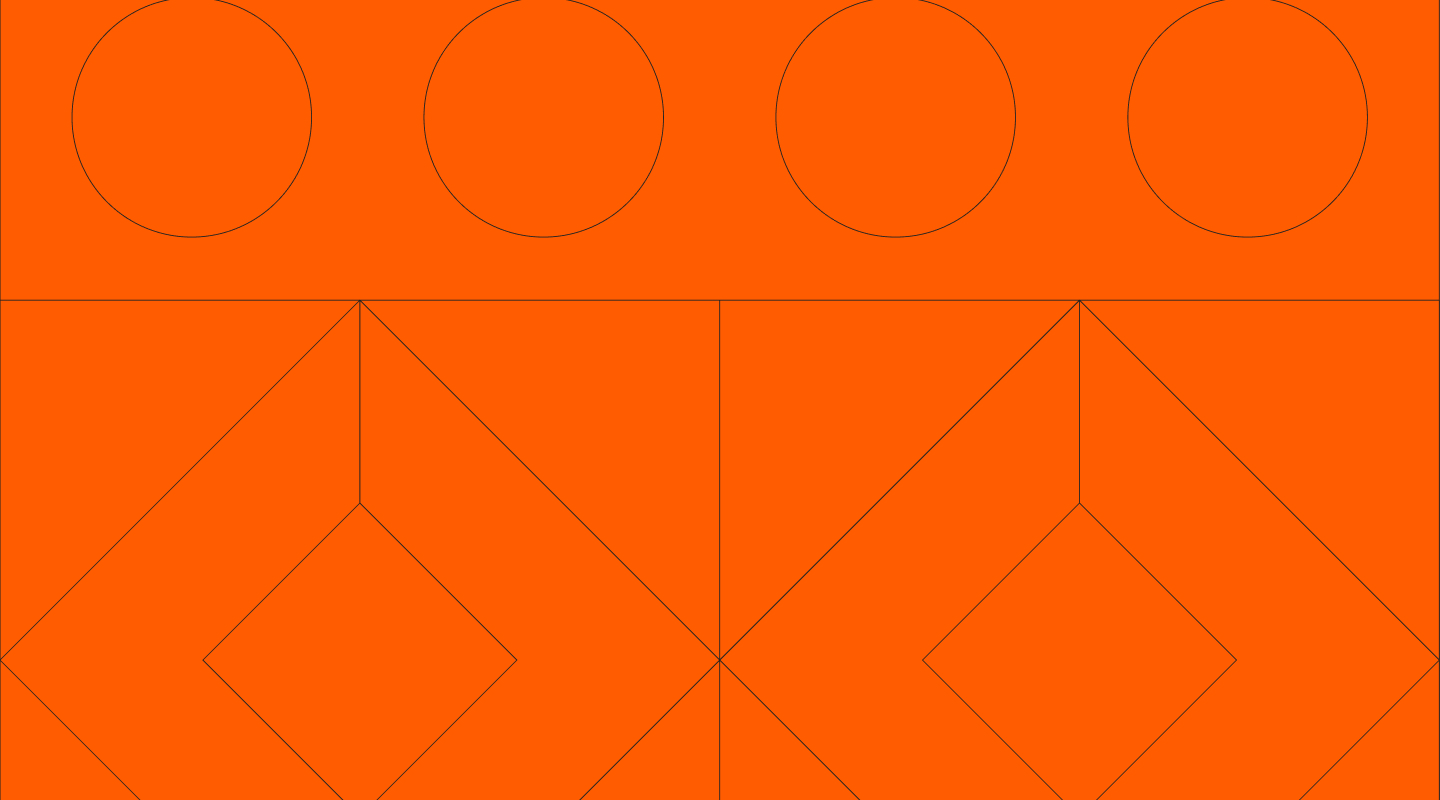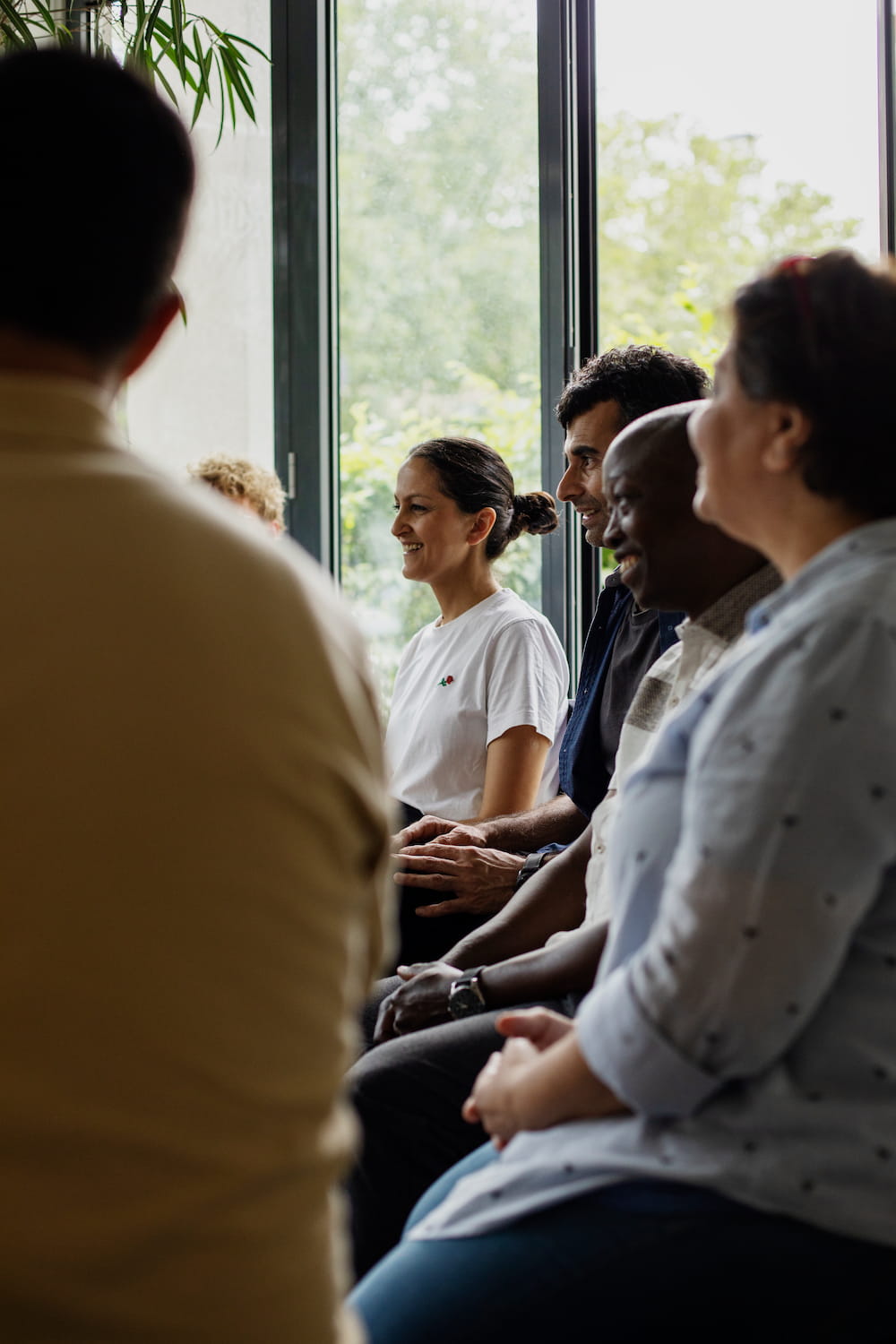The “Gentle Project”, which has been implemented in Berlin accommodation since October 2022 with support from the State Office for Refugee Affairs and was expanded to include Ukrainian and Russian refugees in July 2023, provides the environment needed for dealing with the taboo topic of domestic violence. More LAF accommodations have been successively integrated and there were eleven in July 2023. An intensive programme of eight group sessions with 13 men’s groups were held during the first half of 2023, with 47 of the 116 participating men having experienced violence as survivors or perpetrators. The programme for women, which included 4 group sessions, was attended by 77 women in 11 groups.
Six counselors provide men and women seeking support with the opportunity to learn about domestic and external violence in their own language – i.e. Arabic, Dari and Farsi as well as Russian and Ukrainian since June 2023 – to deal with domestic and external violence, its causes and prevention possibilities. Based on IPSO’s Value Based Counseling (VBC) approach, men and women learn to identify the causes of latent and manifest violence in a culturally sensitive way based on their own values – traditionally adopted or self-appropriated values – in group discussions, which are complemented by individual discussions as needed, as well as the value conflicts they have experienced, and to recognise and create scope for action in order to tackle it and bring about changes. The issues and content are based on the needs of the participants. The issues dealt with and processed range from violent experiences or traumatic experiences in their home countries and when fleeing to identity crises triggered by value conflicts in the new country, culture shock, social isolation and experiencing discrimination in Germany.
These group sessions promote self-reflection and self-questioning, personal positioning and self-development, critical examination of apparent self-evident facts and – last but not least – empathy and an effort to achieve a common understanding. When changing formats – e.g. joint exercises and brainstorming or role-playing to change their perspective – a dynamic environment is created that encourages learning and generates new insights about themselves and others or their own and other living environments.
The key success factors here are seen as: 1) the creation of a protected environment and an atmosphere of unconditional appreciation that inspires confidence; these are prerequisites for the possibility of self-observation and openness, the perception and articulation of one’s own feelings, needs, thoughts and wishes; 2) a non-judgemental exchange and change of perspective; 3) identifying opportunities for self-development as well as encouraging the participants; 4) information about the legal situation of people subjected to violence in Germany as well as information about appropriate support measures. The desired effect, a better handling of conflict and stressful situations by the participants and better self-awareness and communication skills, can be considered achievable according to the participants’ self-assessments.
The project has proved to be highly relevant, effective and efficient even before its completion. This is also reflected in the feedback from the participants. It has even been suggested that the project participation should be offered to everyone living in the accommodation and that they should be obliged to participate.
Even though there is still a long way to go from this pilot project to running a standard programme in refugee shelters, it might already be providing new ideas about the services and possibilities.
Statements from participants
- I feel better. I don’t know what exactly happened, but I could feel myself and my feelings getting better.
- I was so depressed when I came into the camp. Now I don’t feel so good, but I am sure that I can find my way now.
- I understand my father and his violent behaviour towards me better. I understand that he was under a lot of pressure because he had too much responsibility and didn’t know how to control his stress; that’s why he was so aggressive towards me. I can forgive him now.
- Now I see that you can also look at things differently! I can deal with things differently. I have a choice; I am no longer doomed to repeat the past.
- I’m glad that I can be myself around other group members and talk about what I really feel or need. I don’t usually talk about it because people usually judge you when you open up. But here I have had a different experience.
Videos and media coverage
- About the “Gentle Project”, in Dari/Farsi and Arabic, each with German subtitles, 26.04.2023
- Against violence – help for refugees. The IPSO organisation and its Gentle project. Forum am Freitag, 16.06.2023 a ZDF production
Project manager: Dr Mina Orang
E-mail: m.orang@ipsocontext.org
